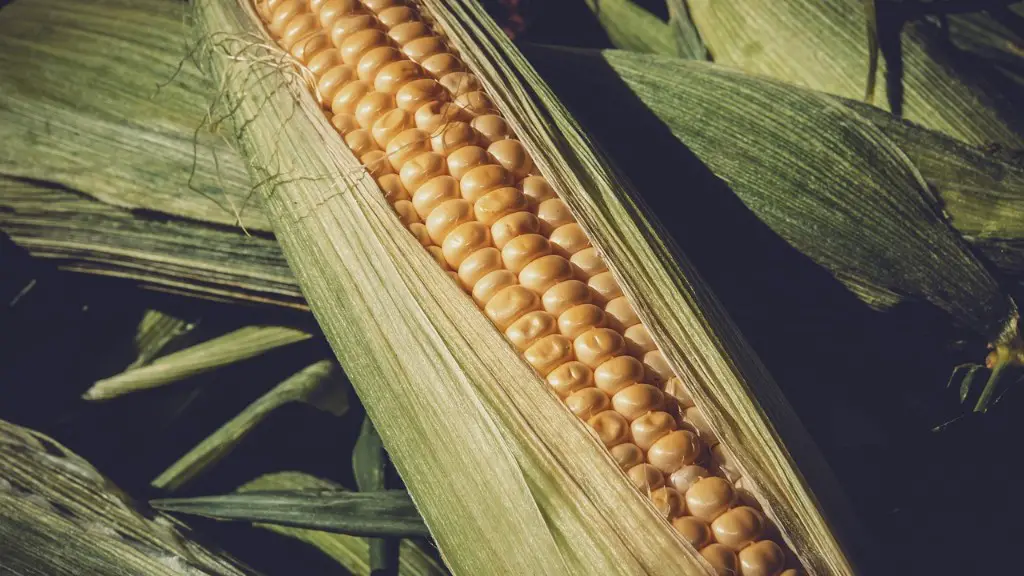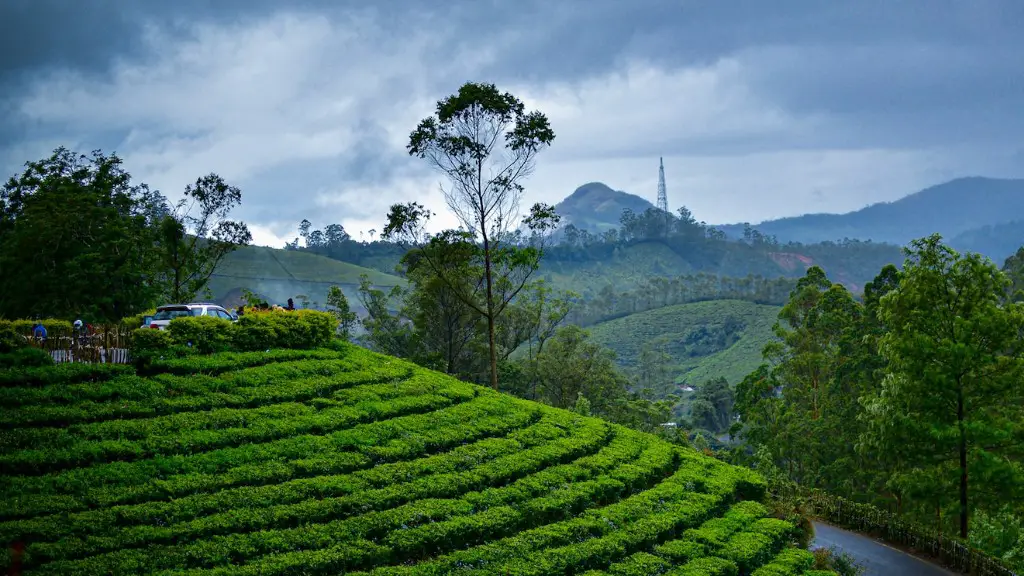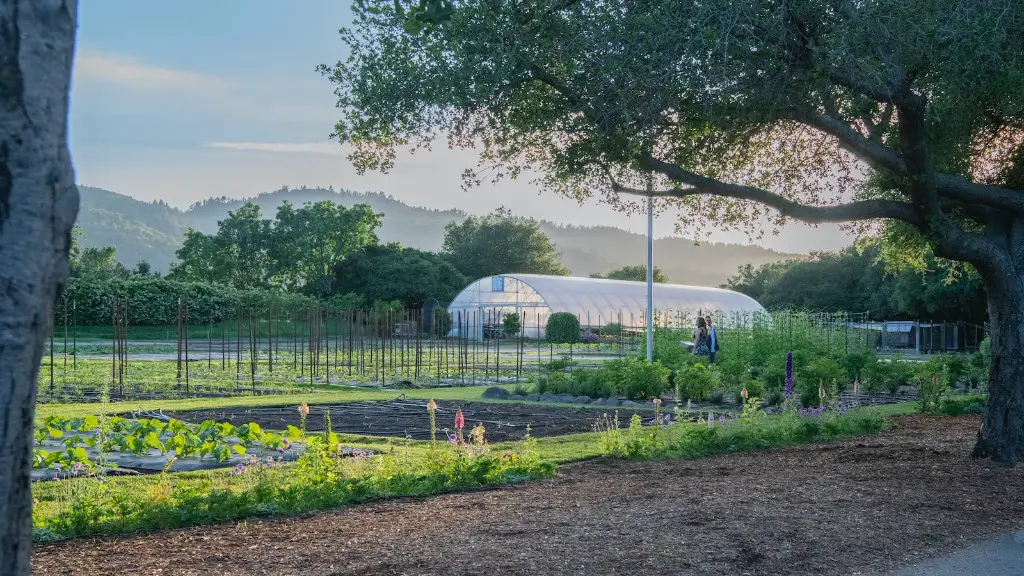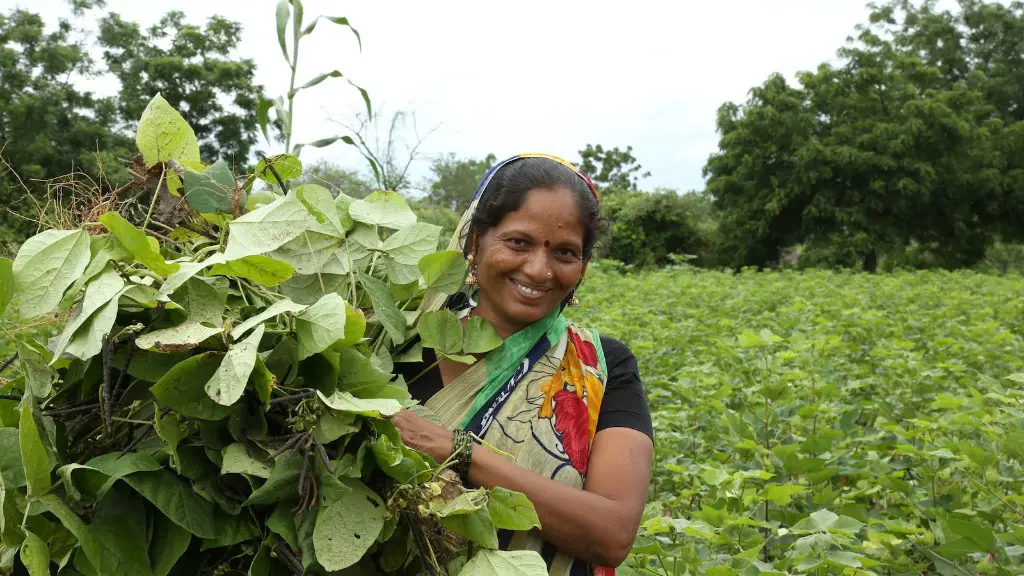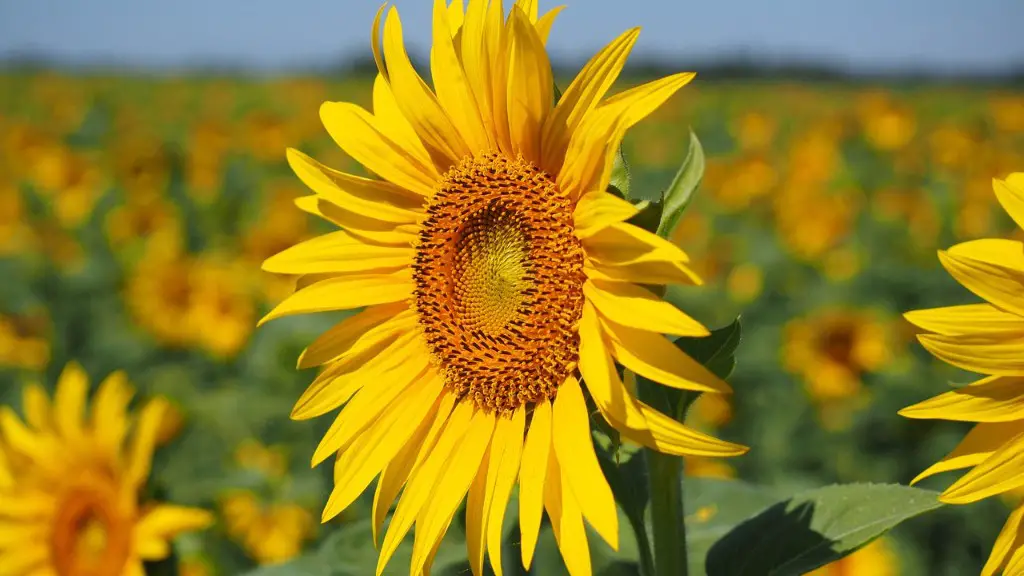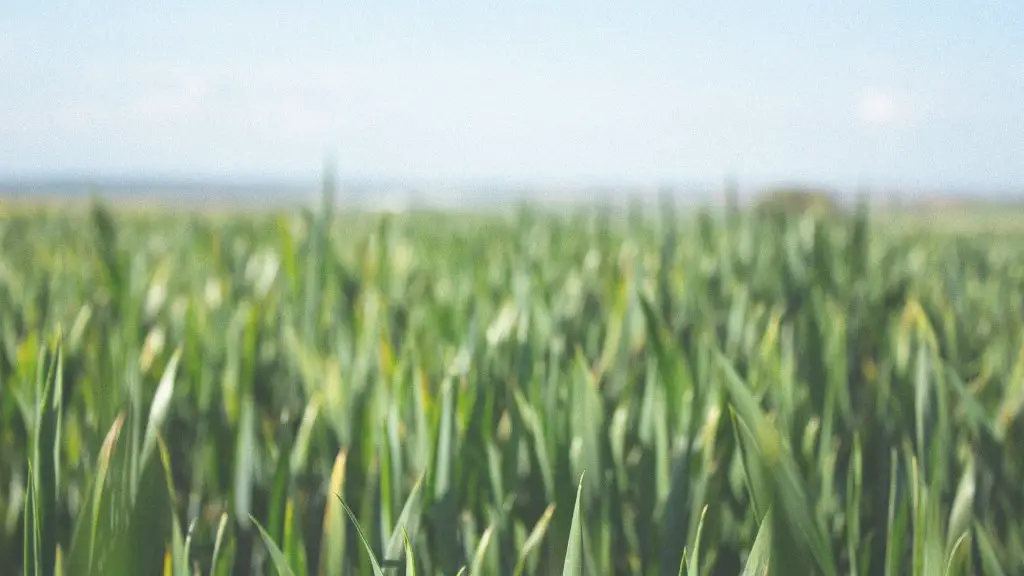In short, industrial agriculture is a type of farming that entails a heavy use of synthetic inputs, such as chemical fertilizers and pesticides, and relies heavily on mechanization. This type of farming is often practiced in large-scale operations and has come to be the dominant mode of food production in many parts of the world.
Industrial agriculture is a system of farming that is characterized by the application of industrial techniques to animal husbandry and crop production. It is a form of intensive agriculture in which large tracts of land are devoted to a single crop or livestock species.
What is meant by industrial agriculture?
Industrial agriculture is a type of farming that involves the large-scale production of crops and animals. This type of agriculture often uses chemical fertilizers on crops or the routine use of antibiotics in animals. This type of farming can be harmful to the environment and the animals that are raised in these conditions.
Industrial agriculture is a type of farming that involves heavy use of machines, chemicals, and other industrialized processes. CAFOs (concentrated animal feeding operations) and monoculture crops are two examples of industrial agriculture.
CAFOs are large-scale livestock operations that confine animals in crowded, unhealthy conditions. Monoculture crops are single crops that are grown in large quantities, often using harmful pesticides and other chemicals.
Industrial agriculture is detrimental to the environment and the health of both animals and humans. CAFOs produce large amounts of pollution, and monoculture crops can lead to soil depletion and water contamination. Furthermore, the overuse of antibiotics in CAFOs can create antibiotic-resistant bacteria, which is a serious public health concern.
What is the main goal of industrialized agriculture
Industrial agriculture is a style of farming that involves growing plants and raising animals at large scales. The goal of industrial agriculture is to maximize food production. To achieve this goal, farms rely on synthetic chemical inputs to boost productivity and—when possible—mechanization of manual processes.
Industrial agriculture is a type of farming that uses large-scale production methods to maximize yields. This type of agriculture is typically used to produce crops and livestock for sale, rather than for subsistence. Intensive agriculture is a type of industrial agriculture that refers to the industrialized production of livestock, poultry, fish, and crops. This type of agriculture is typically used to produce crops and livestock for sale, rather than for subsistence.
What are some benefits of industrial agriculture?
Industrial farms have been able to decrease the prices of food by producing food on a mass scale. They have been able to do this by using modern techniques and equipment to produce food efficiently. This has allowed them to reduce their operating costs and sell their items for cheaper prices.
Industrial agriculture is one of the leading causes of water, energy, and industrial pollution. The use of herbicides, insecticides, fertilizers, and animal waste products is contributing to the accumulation of these pollutants in our environment. This is having a negative impact on the quality of our air, water, and soil.
What are three 3 major problems of industrial agriculture?
Large-scale conventional farming is not sustainable in the long run. It contributes to climate change, pollutes air and water, and depletes soil fertility. Alternatives such as organic farming, agroforestry, and permaculture are more sustainable and provide other benefits such as improved air and water quality, and increased soil fertility.
Each branch of agriculture plays an important role in producing the food and fiber that we need. Livestock production provides us with meat, milk, and eggs, while crop production provides us with fruits, vegetables, grains, and other plant-based products. Agricultural economics helps ensure that these food and fiber products are produced efficiently and at a fair price, while agricultural engineering helps ensure that they are produced safely and with minimal environmental impact.
What are the pros and cons of industrial agriculture
Industrial agriculture has both its pros and cons, but it’s important to remember that it increases food production. Large-scale industrial farms have an advantage over traditional farms when it comes to producing food fast and in larger amounts. However, this type of agriculture also has its downside. One of the biggest disadvantages is the increased risk of animal cruelty. Therefore, it’s important to weigh the pros and cons of industrial agriculture before deciding whether or not it’s the right option for you.
The agricultural industries are a vital part of the state of Florida and its economy. These industries provide employment for many Floridians and contribute to the state’s GDP. The state’s agricultural industries are diverse and include aquaculture, horticulture, floriculture, viticulture, forestry, dairy, livestock, poultry, bees, and any and all forms of farm products and farm production.
What is one effect of industrial agriculture?
The side effects of industrial agriculture are many and varied, and can have a significant impact on both the environment and the people who live and work in agricultural areas. Soil erosion, water pollution from inorganic fertilizer and pesticides, simplification of ecosystems, consolidation of small farms into large ones, and shipment of food over long distances requiring both energy and time are all potential negative consequences of this type of agriculture.
While there are some benefits to industrial agriculture, such as increased production and efficiency, the negative side effects should not be ignored. It is important to be aware of the potential impacts of this type of agriculture so that steps can be taken to mitigate them.
The industrial agriculture system is not sustainable. It consumes fossil fuel, water, and topsoil at unsustainable rates. It contributes to numerous forms of environmental degradation, including air and water pollution, soil depletion, diminishing biodiversity, and fish die-offs.
Why did industrial agriculture start
industrial agriculture has had a profound effect on the global environment. The conversion of natural ecosystems to agricultural systems alters local and regional climate, water cycles, and soil profiles. The increased use of fossil fuels for mechanization and chemical inputs further magnifies the agricultural sector’s impact on climate change. And finally, the way we manage and breed crops has changed the very genetic makeup of the plants we grow, with potentially far-reaching consequences for global food security.
AP Geography is considered to be an easy class with an overall difficulty rating of 42/10. However, the pass rate is lower than other AP classes, with only 53% of students graduating with a 3 or higher.
Is AP Human Geography The easiest AP?
If you’re considering taking AP Human Geography, be aware that the course is generally considered easy, but the exam is notoriously difficult. Historically, most students who take the exam earn the lowest possible score.
Industrial agriculture is a type of agriculture that applies the techniques of mechanization and standardization. The main benefits of industrial agriculture are that it increases crop yields and productivity, while reducing labor costs. In addition, industrial agriculture often uses modern equipment, tools, and techniques, which can result in higher quality products.
Final Words
Industrial agriculture is a type of farming that relies on heavy use of machinery and synthetic chemicals, rather than on traditional methods such as animal labor or natural fertilizers.
Industrial agriculture is a type of farming where crops are grown in large, monoculture settings and animals are raised in factory-like conditions. This type of agriculture is highly efficient, but it can have negative impacts on the environment and the animals involved.
